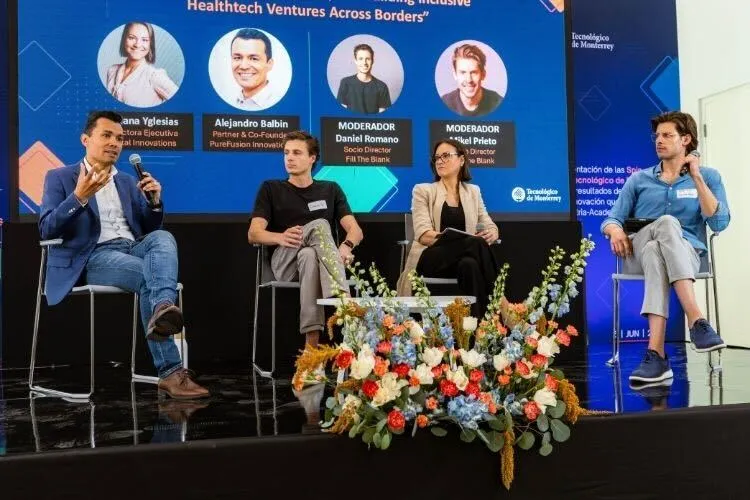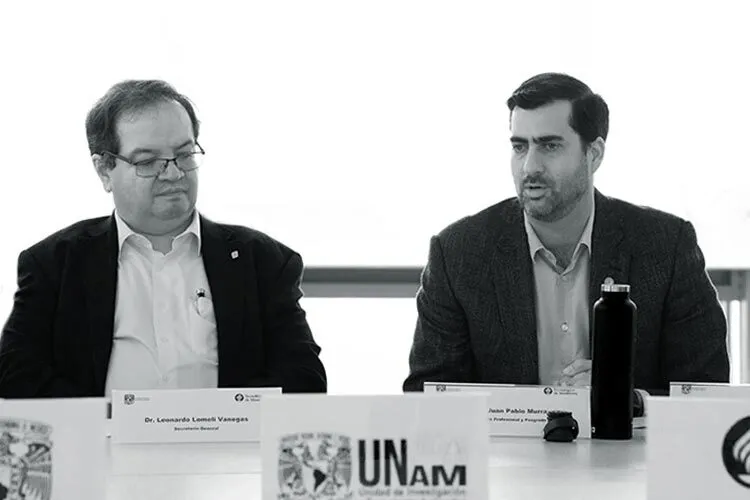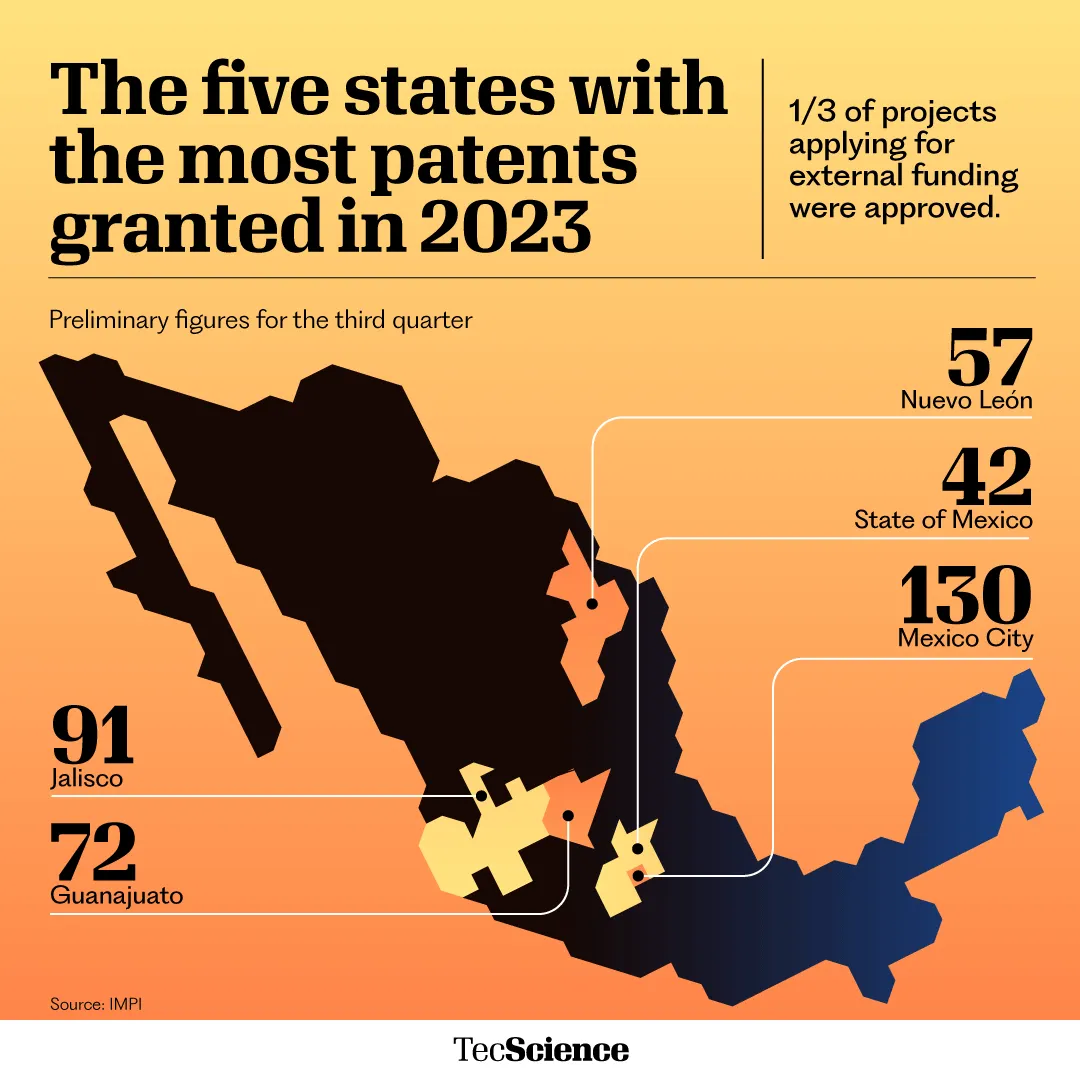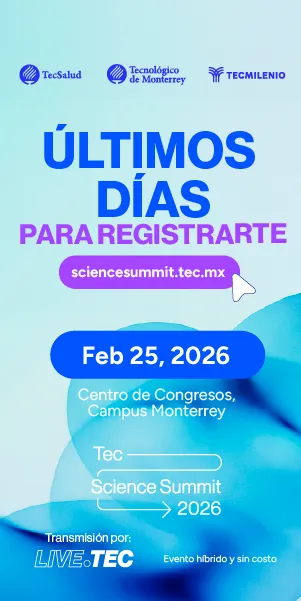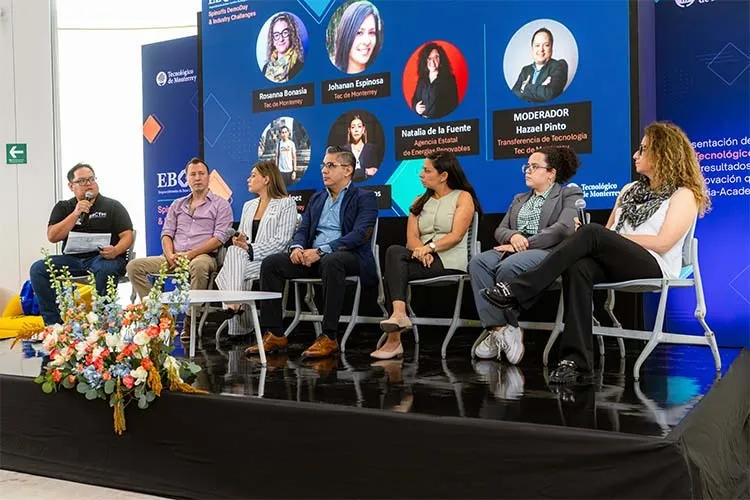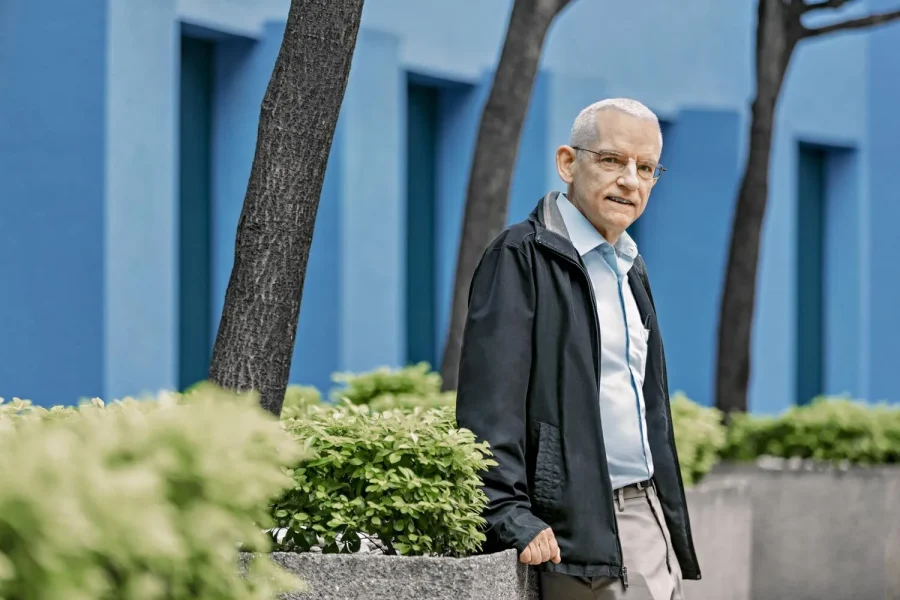Health technology entrepreneurs in Latin America must abandon thinking centered on what’s local to them and scale their market to the Americas, according to leading industry experts who warned that regional isolation is creating an investment gap.
In the second edition of EBCTec: Spinoffs DemoDay & Industry Challenges, entrepreneurs from Tec de Monterrey presented new science-based startups in their industries. The business portfolio emerging from Tec has grown to 25, with half focused on the health industry.
To discuss this topic, experts gathered for the panel “From research to impact: building inclusive healthtech ventures across borders.” The panelists shared a compelling message: Latin American countries that fail to build local investment cultures or global partnerships risk being permanently left behind in the health technology industry.
“There’s a lot of work to be done, especially in Latin America, to be able to demonstrate the value to science of forming companies and making innovation,” said Tatiana Yglesias, executive director at Portal Innovations. Yglesias and Alejandro Balbin, co-founder and partner at PureFusion Innovations, participated in the panel highlighting how the lack of domestic investment ecosystems undermines regional competitiveness.
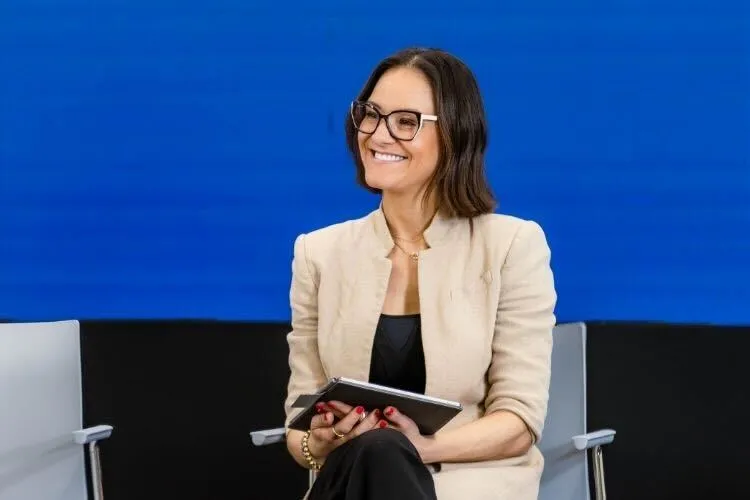
Data Representation Creates Opportunities
The experts revealed a disparity that presents both a challenge and an opportunity: clinical trials and genomic databases are overwhelmingly biased toward Caucasian populations, leaving Latin Americans and other ethnic groups underrepresented in critical health research.
Balbin, who led biomarker development for more than 15 clinical trials at Novartis, said the implications of this can be profound. “When you find the drug response and then want to commercialize it in all populations, it’s very likely that that response is not what we saw in the clinical trial in particular populations,” he explained.
The result is a health system that works well for some populations while failing others. But, Balbin said, this gap creates unprecedented opportunities for Latin American companies.
“There’s the opportunity for companies born from these latitudes to capitalize on those markets and those niches where larger companies are not,” said Balbin.
One Hundred Thousand Startups Competing for Attention
Another trend driving the healthtech market is how the competitive landscape has intensified. Balbin shared that in the United States alone, more than 100,000 startups now compete for investment from around 31,000 investors—an increase from only 150 investors in 1994.
This explosion means that Latin American entrepreneurs can no longer depend on local markets to justify significant investments. “If you want a company that invests 20 million dollars, one has to justify the market and many times Latin American markets are smaller than we want,” said Yglesias.
Balbin’s key advice was that companies that can create completely new market categories, rather than simply entering existing ones, “are the ones that will not only innovate but will generate the market itself.”
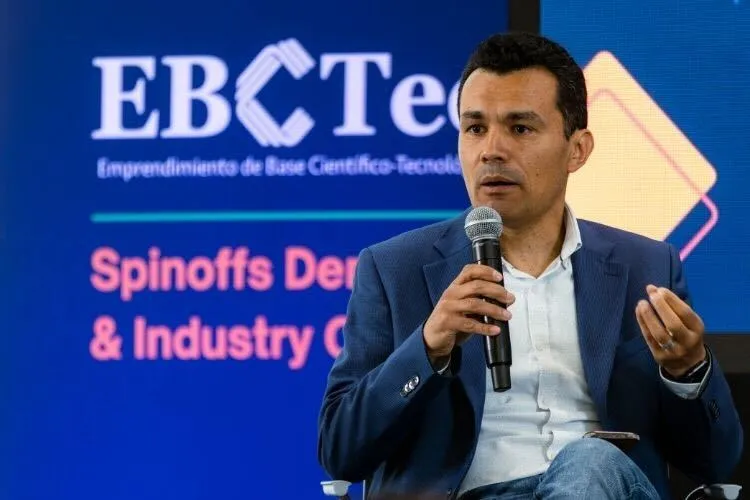
Building Bidirectional Innovation Bridges
The panelists challenged the traditional model of unidirectional technology transfer where Latin American innovations simply migrate to U.S. markets. Instead, they speak of bidirectional bridges that ensure technologies also improve health access in their regions of origin.
“We see a lot of technology developed in Latin America that goes to the United States without ever thinking about how it could return,” observed Yglesias. This continues to widen health access gaps between regions.
“The United States is always thought of as a very large market,” said Yglesias. “But if we think about the impact part, it’s four percent of the population.”
Capitalizing on these advantages requires that entrepreneurs and investors build local investment cultures, establish global partnerships, and develop solutions that serve underrepresented populations while scaling internationally.
Interested in this story? Want to publish it? Contact our content editor to learn more: marianaleonm@tec.mx
